What Are The Early Signs of Dementia?
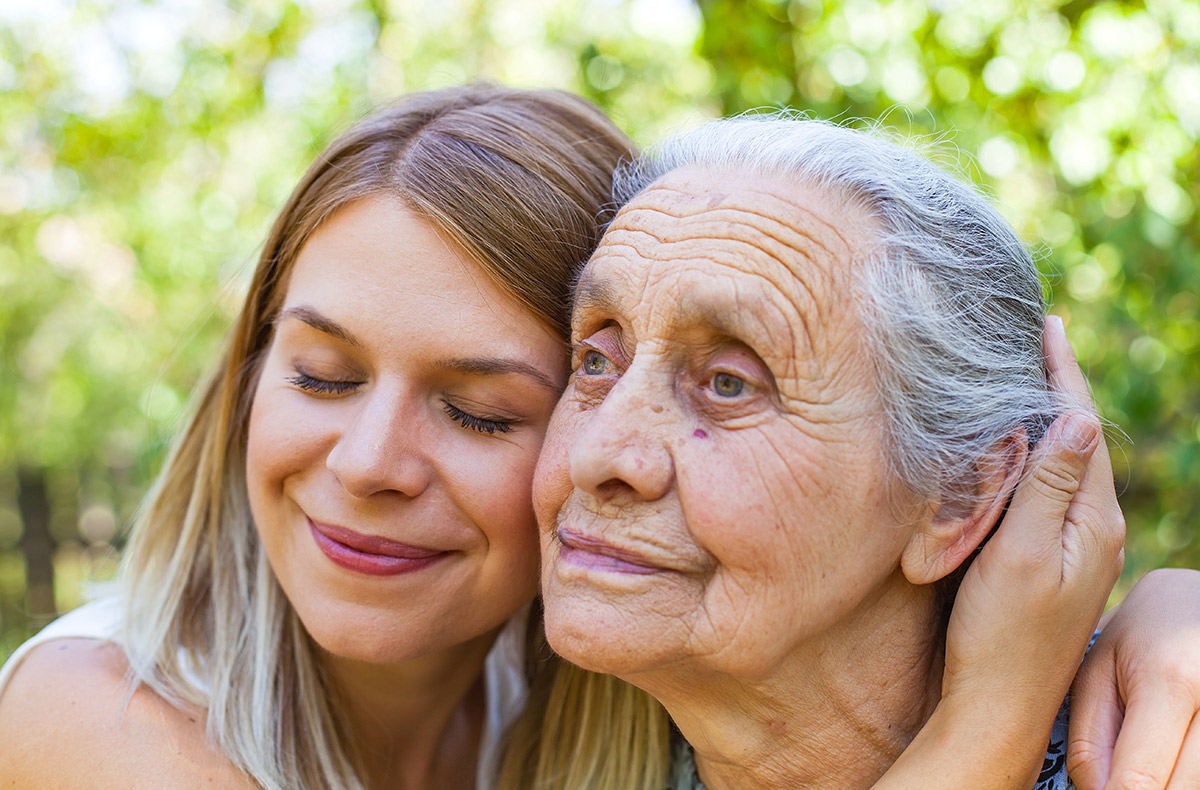
Distinguishing between early signs of dementia and normal signs of aging is confusing.
You occasionally forget birthdays and appointments.
Is this dementia or normal aging?
You get lost more easily and can’t find your way to places you normally could.
Is it dementia or that the highways have changed so much over the years that you simply can’t remember?
Your family members are telling you you’re more irritable than usual.
Is this a sign of dementia or that you’re getting older and more set in your ways?
Dementia is not a natural part of the aging process. It is a sign that serious damage has been done to cells in the brain. Knowing the early signs will help you distinguish between what is regular behavior associated with getting older and what is neurodegeneration associated with dementia.
What is dementia?
Dementia in and of itself is not a disease. It’s a group of symptoms associated with cognitive decline that is caused by other diseases, the primary one being Alzheimer’s disease. But there are several other types of dementia, including vascular dementia (the second most common type), Lewy bodies dementia and frontotemporal dementia, to name a few.
Signs and Symptoms of Alzheimer’s Disease
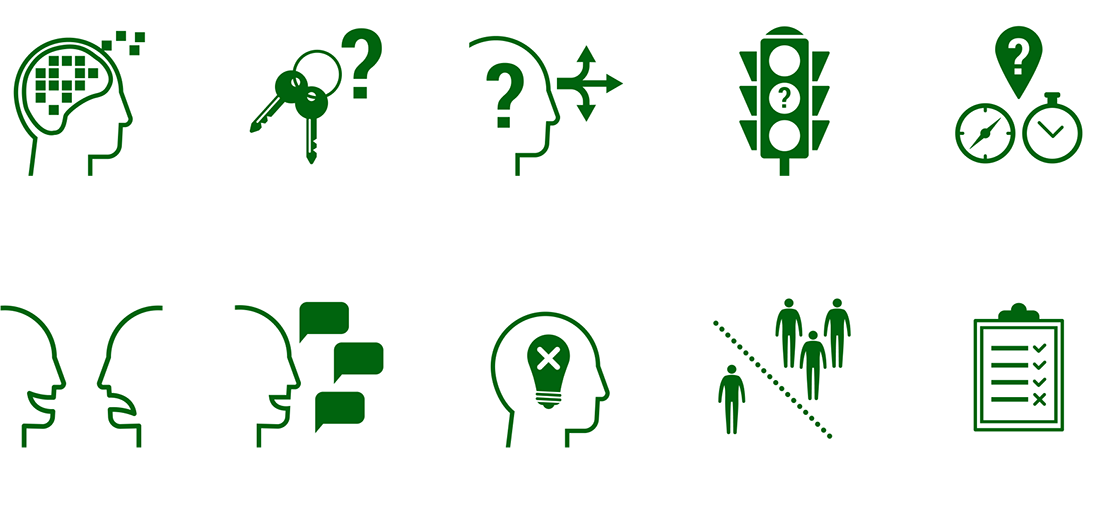
Early Signs of Alzheimer’s Disease
While early signs and symptoms of Alzheimer’s vary based on the individual, there are ten common early signs that could indicate you are experiencing more than natural aging and may be developing Alzheimer’s.
1. Memory loss
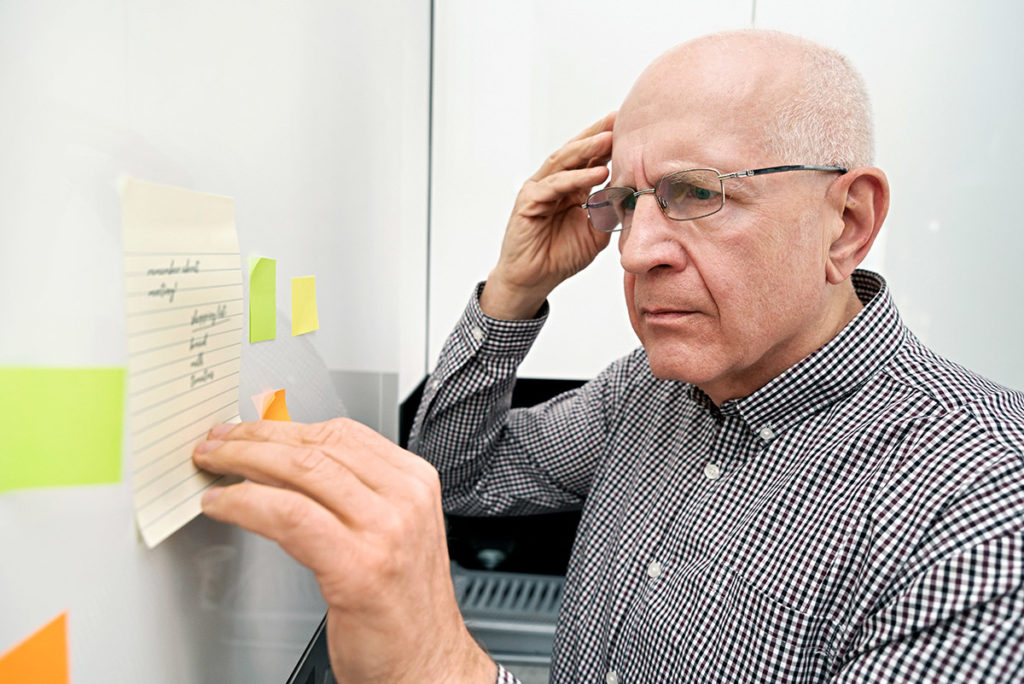
Dementia-related memory loss affects and disrupts your everyday life. Forgetting something you recently learned, needing to ask the same question repeatedly and relying on hand-written notes are other memory aids can be early signs of Alzheimer’s.
2. Trouble with planning
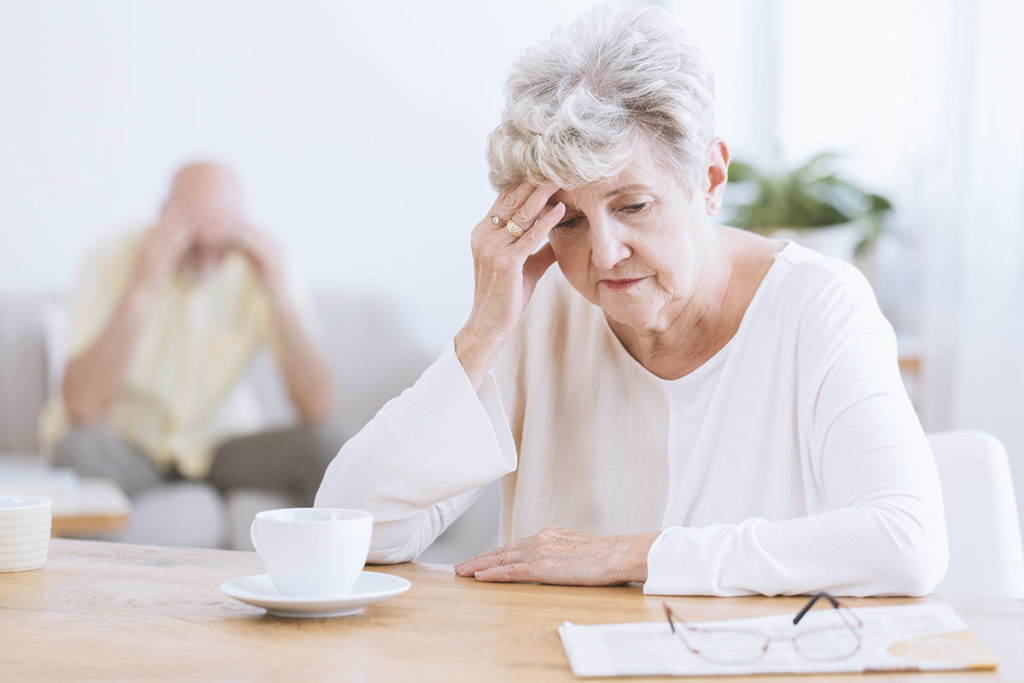
You might have a hard time planning or following through with a plan, including simple everyday plans such as following a recipe or keeping track of your bills.
3. Difficulty completing a task
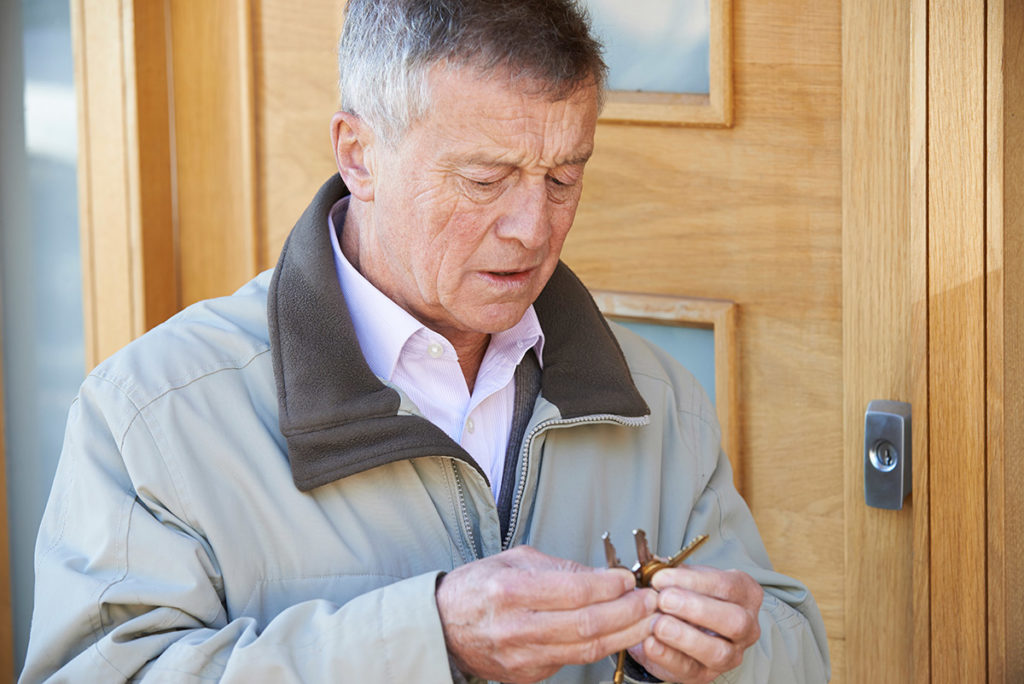
If you routinely start a task, such as writing your grocery list or cleaning your kitchen, and then find that you forget to finish it or don’t have the attention span to, this could be an early sign of Alzheimer’s.
4. Disorientation with time or place

If you’re losing track of time, what season it is, what day it is or you forget where you are or feel confused about how you go there, these are early indicators of Alzheimer’s.
5. Vision problems
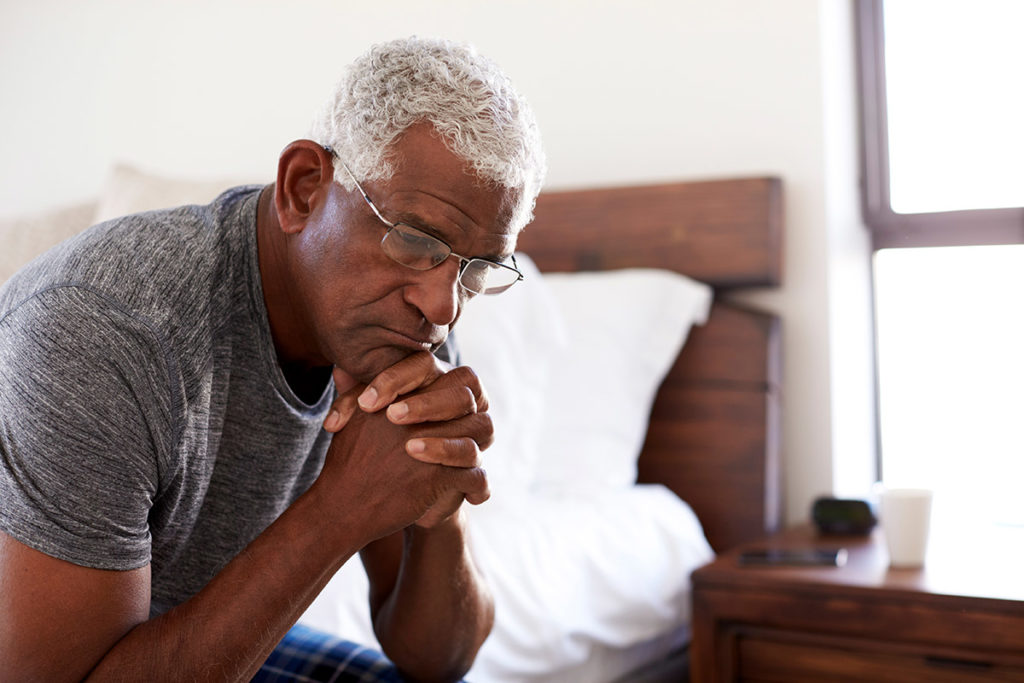
If you’re struggling with vision or judging distances, this could also be a sign of Alzheimer’s.
6. Confusion in conversation and difficulty finding words
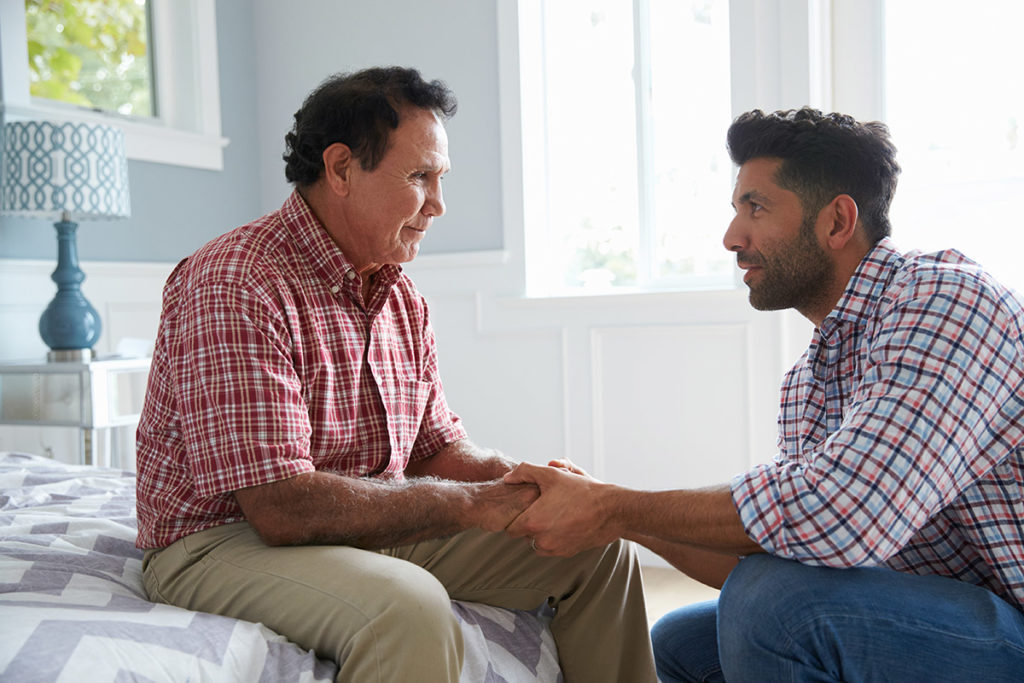
Not being able to think of a word when writing or speaking and struggling to keep up with conversation or remember the first part of a conversation are signs of early Alzheimer’s.
7. Losing or not being able to keep track of items
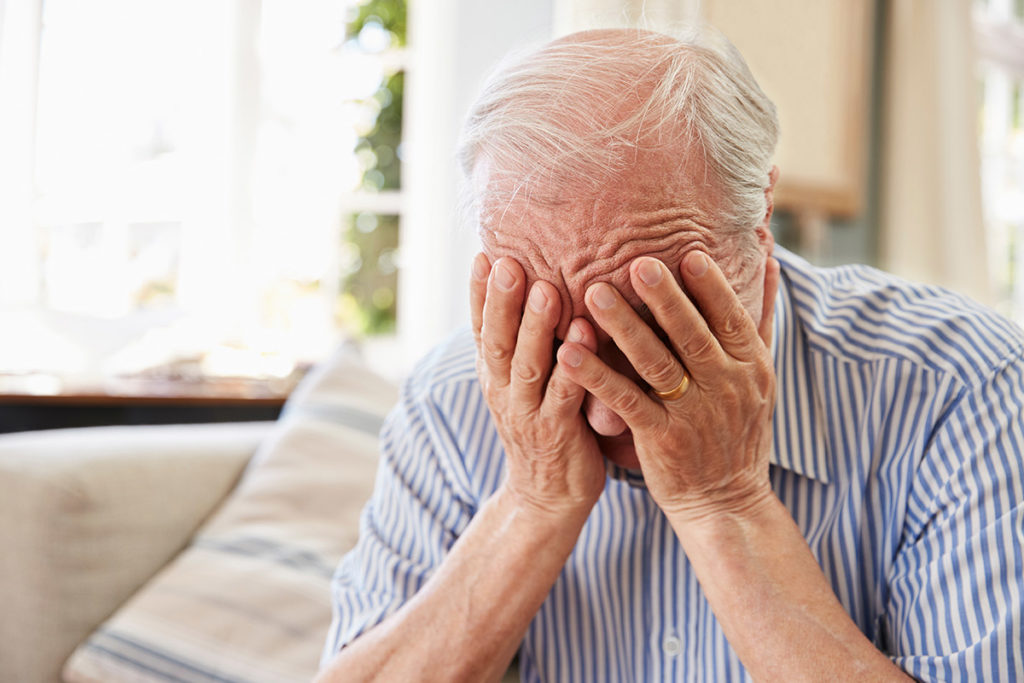
Another sign of Alzheimer’s disease includes losing items regularly and not being able to keep track of them like you used to. (This is why many people with Alzheimer’s will accuse others of stealing.)
8. Poor judgment
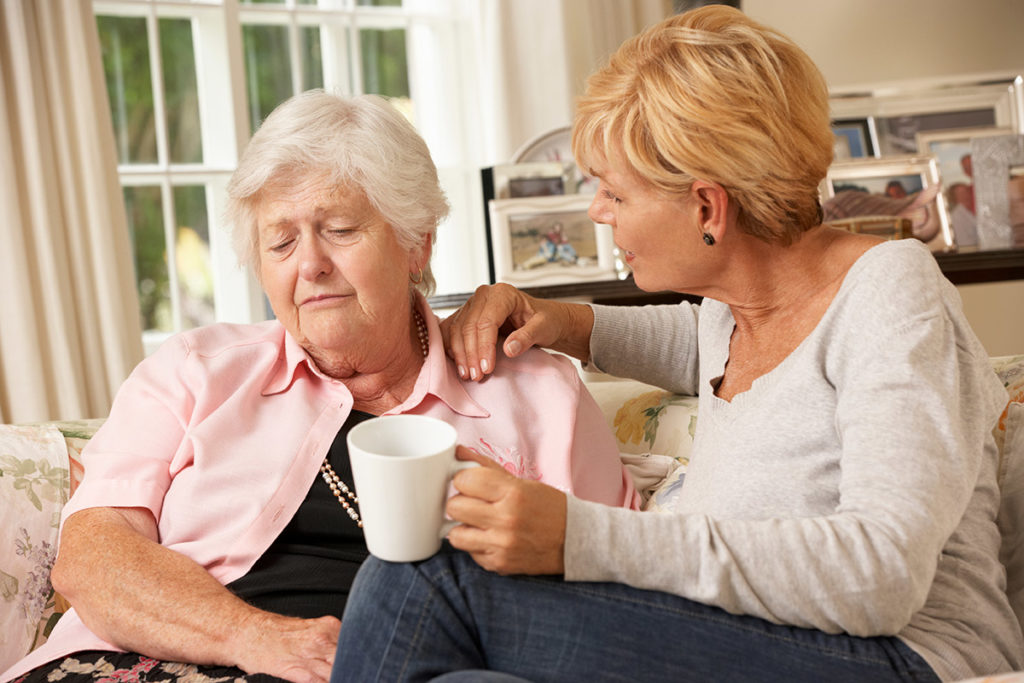
Perhaps you used to be frugal and make good decisions with your money. With Alzheimer’s you may find that you are suddenly making poor judgment calls with your finances or other important areas of your life.
9. Social isolation
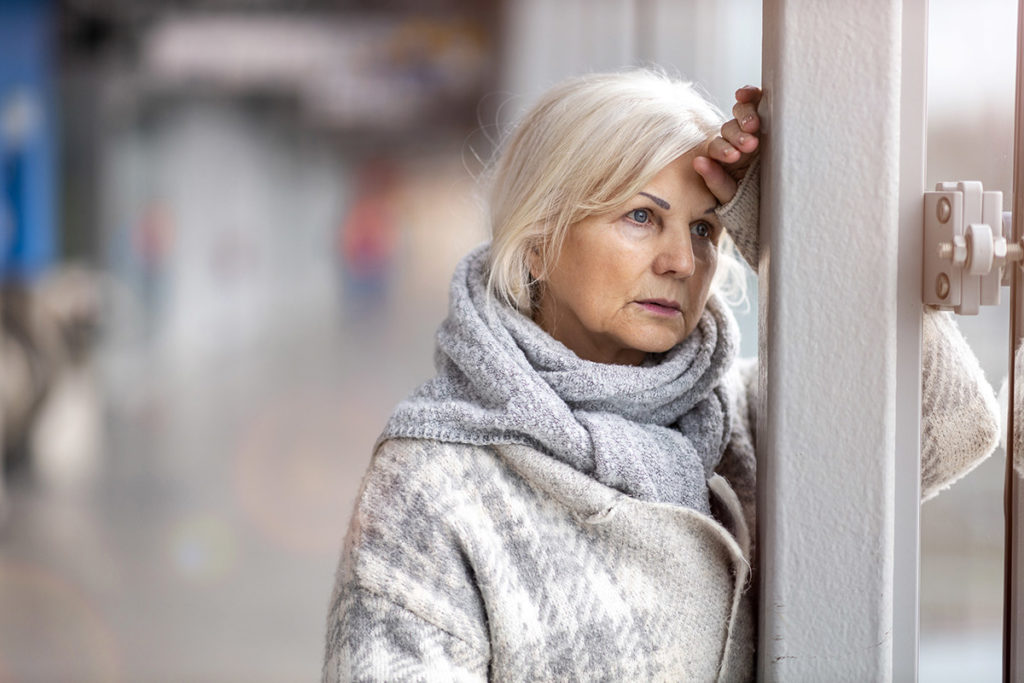
Due to the other symptoms of Alzheimer’s, you may be more inclined to isolate yourself, avoiding social gatherings in order to avoid conversation mishaps, confusion or embarrassment.
10. Mood and personality shifts

Another early sign of Alzheimer’s includes moodiness or a change in personality. You might be more anxious or irritable. Family members and close friends will likely notice this before you do, and they may bring it up with you.
Early signs of vascular dementia
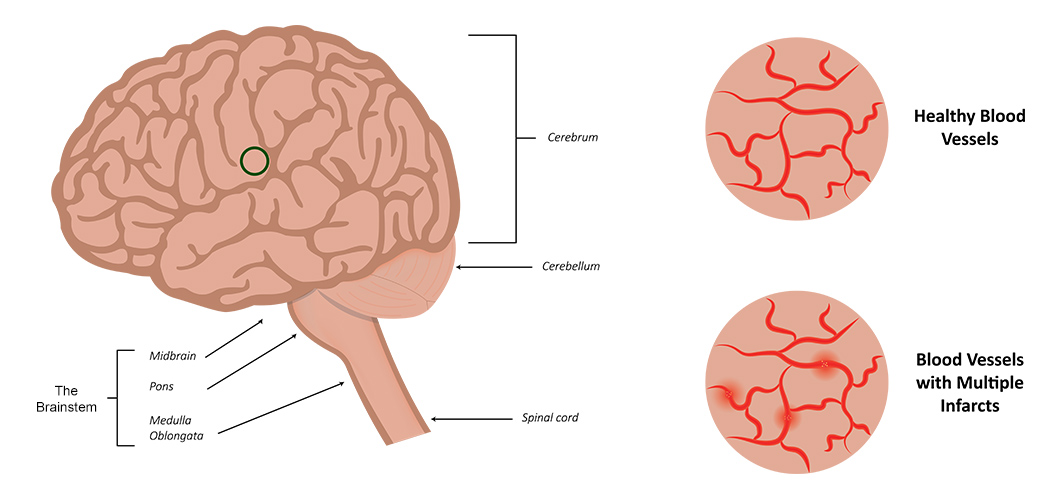
Vascular dementia develops as a result of restricted blood flow to blood vessels in the brain. The early signs of vascular dementia are similar to that of Alzheimer’s but can include more physically-related signs, including:
Early signs of frontotemporal dementia
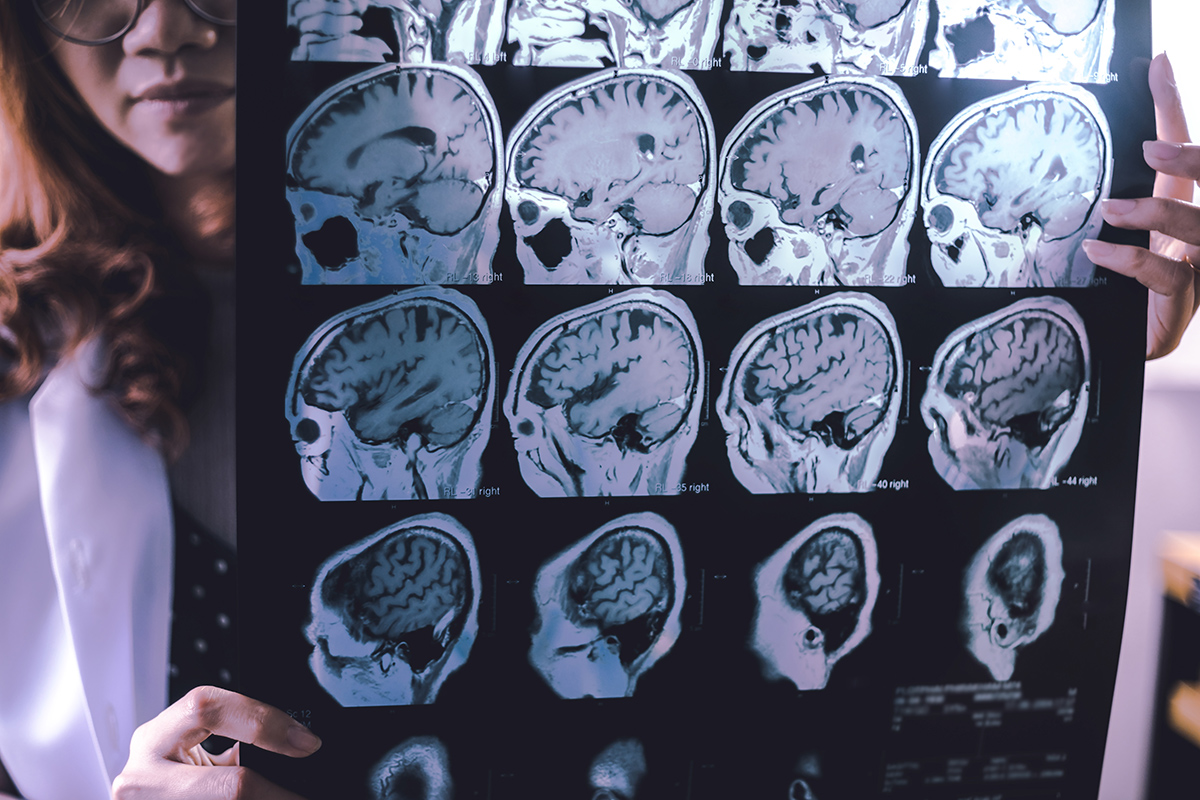
Frontotemporal dementia is a term that covers any type of dementia that primarily affects the frontal and temporal lobes of the brain, which are the areas of the brain associated with personality, language and behavior.
Early signs of frontotemporal dementia include:
Early signs of Lewy bodies dementia

Lewy bodies dementia is caused by abnormal deposits of protein in the brain, known as Lewy bodies.
Early signs of Lewy bodies dementia include:
Summary
If you’ve noticed any of these early signs of dementia in yourself or a loved one, contact your doctor. Your doctor can administer a series of tests to determine whether you have symptoms of dementia or are simply aging. Blood tests and MRIs can also determine if you have any signs of neurodegeneration that would suggest the presence of dementia.
While dementia cannot be cured, early diagnosis allows for more effective treatment with medications that can slow its progression, giving you and your loved ones a chance to plan for the future and ensure the best quality of life possible.





